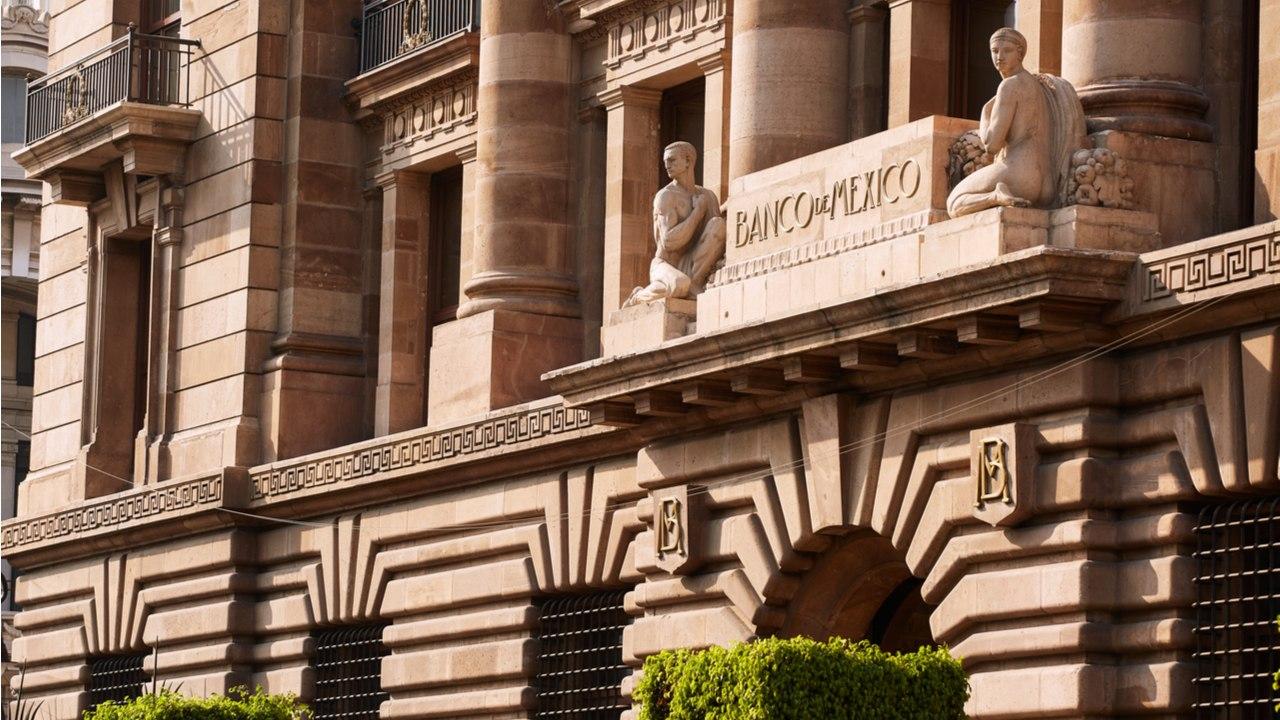
Philippines Central Bank Governor: No Digital Peso Before 2023
The central bank won’t pursue a CBDC for the duration of Governor Benjamin Diokno's term, which ends in 2023.
Related News
The central bank wants to learn from private-sector digital currencies — but still believes they are inferior to central bank money. Philippine central bank governor Benjamin Diokno has announced that the institution's "exploratory" study of central bank digital currency study suggests that much more work is needed to make a digital peso a reality.During the summer, Bangko Sentral ng Pilipinas had confirmed it was investigating the feasibility and potential policy implications of issuing its own CBDC, or digital counterpart to the physical peso.In a press briefing, Diokno reportedly....
Representative Kimi Cojuangco, a member of the Filipino House of Representatives, is pushing for an "e-Peso," the Phil Star reports. House Bill 4914 would create the "e-Peso" as an online medium of exchange for Filipinos. The proposed bill would have the Filipino Central Bank research Bitcoin and other cryptocurrencies and decide what the best course of action would be. The e-Peso would be officially granted electronic legal tender status, according to Cojuangco: What exists is a patchwork of methods using traditional credit systems, which act in place of money on the Internet. The E-peso....
Banxico, the Central Bank of Mexico, has announced it expects the development of its central bank digital currency (CBDC), the digital peso, to be completed in about three years. Victoria Rodríguez Ceja, the governor of Banxico, reported this before the Mexican Senate and added that the new currency should fulfill the three traits of money to create more financial inclusion.
Governor of Banxico Reports CBDC Advancements
Banxico has given a status update on its CBDC, the digital peso. The governor of Banxico, Victoria Rodríguez Ceja, informed that the bank had a rough....
Just a week ago, Filipino congresswoman Kimi Cojuangco introduced a bill in the Filipino House of Representatives that would create a government-backed digital currency that would serve as an official medium of exchange for domestic online payments. This digital currency, known as the "e-peso," was proposed as part of the E-Peso Act of 2014. The e-peso that would be at par with the country's official currency the Filipino Peso would be used as legal tender. Of interest to the bitcoin industry is that in its current form, the bill would require the Filipino central bank, the Bangko Sentral....
The governor of the central bank of the Philippines has shared his policy on cryptocurrency regulation. “I don’t want it banned,” he said, advising investors not to invest money they cannot afford to lose in crypto.
Philippine Central Bank Governor on Crypto Regulation
Felipe Medalla, the governor of the Bangko Sentral ng Pilipinas (BSP), the country’s central bank, shared his policy on cryptocurrency in an interview with Forkast, published Friday.
Medalla was asked: “What’s your take on cryptocurrency?” He....





